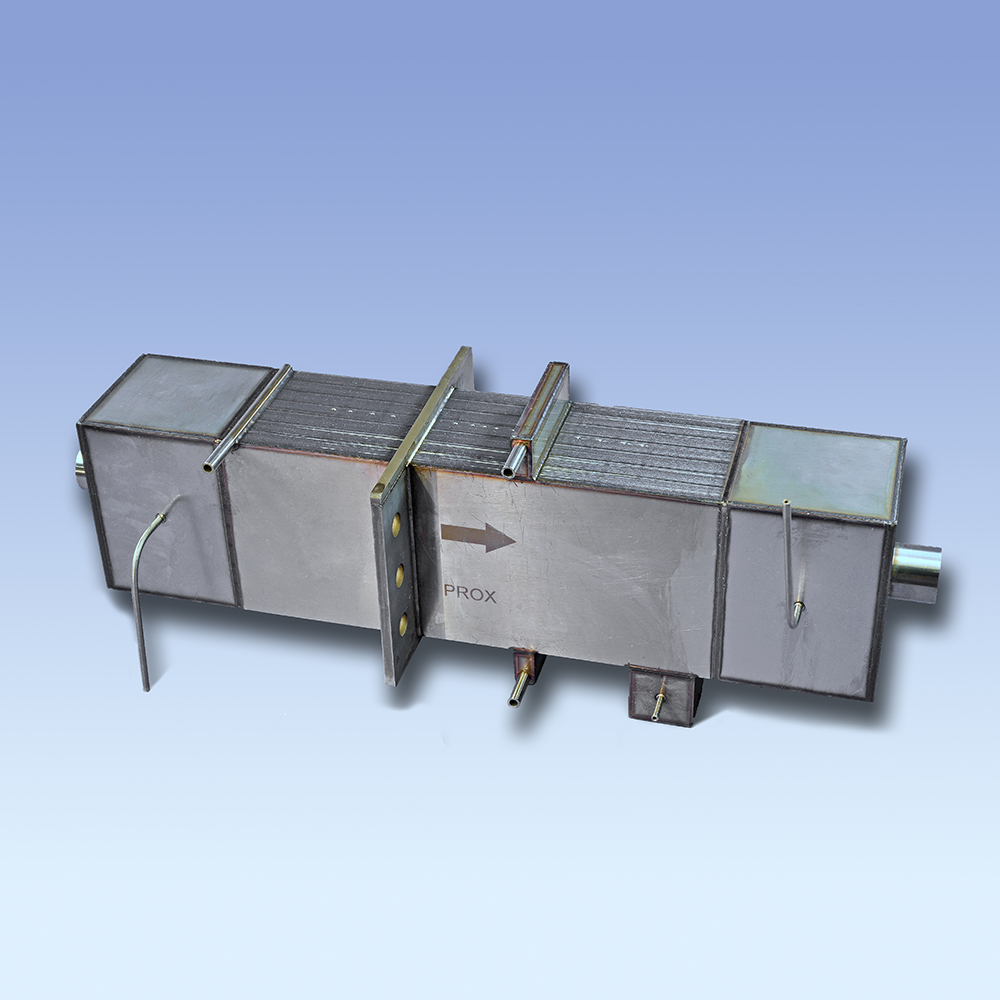Diesel reformer on board a truck

The increasing demand for electric energy during the downtime of trucks especially in the US causes a growing demand for electric power generators. The auxiliary power unit (APU) must be capable of operation when the main engine is switched off. According to estimations, emissions from trucks in American long-distance traffic amount through idling for power generation purposes alone to 180,000 tons of NOx per year, 5,000 tons of particulate matter and 11 million tons of CO2.
The basic principle
It is the main objective of the FCGEN project to develop a complete, fuel cell-based, 3kW auxiliary power unit and to demonstrate the proof of concept in a real environment on board of a truck. In this context, the diesel-fuel processor is a very promising option, since it shows a high efficiency with low emissions and it is operated with the same fuel as the main engine.
Properties and application areas
Within our research & development work, special issues such as catalyst costs, fuel evaporation and desulfurization, connecting and packaging of components, robustness, etc. were addressed. Key components were further developed in a way to get them closer to commercially viable solutions. A significant reduction of fuel consumption, particularly compared to an idling engine, is envisaged. The development of the components of the fuel processor benefited significantly from our expertise. Reducing the space requirements of the system got feasible by replacing monolithic reactors (similar to those already established in automotive exhaust gas purification technologies) and separate heat exchangers by two heat exchangers with coated microchannels as well as by optimizing the packaging. Among others, we focus on the development of the purification system of the fuel processor, which consists of two stages – a single-stage water-gas shift reactor and a single-stage reactor for preferential oxidation, and we investigate cost-efficient manufacturing techniques for future production.
Our research & development services
Together with our customers and partners we develop complete fuel processor solutions from laboratory to pilot scale and further up to production stage. Besides the conception of reactors and peripheral components, we focus on their design, construction, manufacturing and system integration as well as on control and testing. The fuels used in the fuel processors range from (bio-)ethanol, methanol, propylene glycol, ethylene glycol, kerosene, gasoline, diesel and natural gas to LPG.
Funded by: 7th Framework Programme of the European Commission, project reference 277844.
 Fraunhofer Institute for Microengineering and Microsystems IMM
Fraunhofer Institute for Microengineering and Microsystems IMM